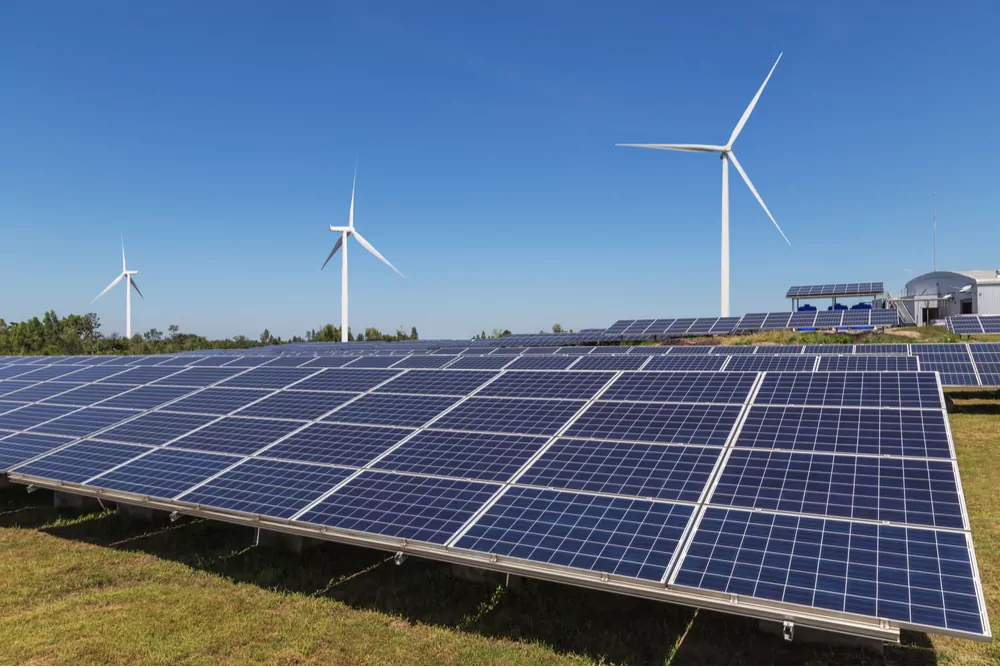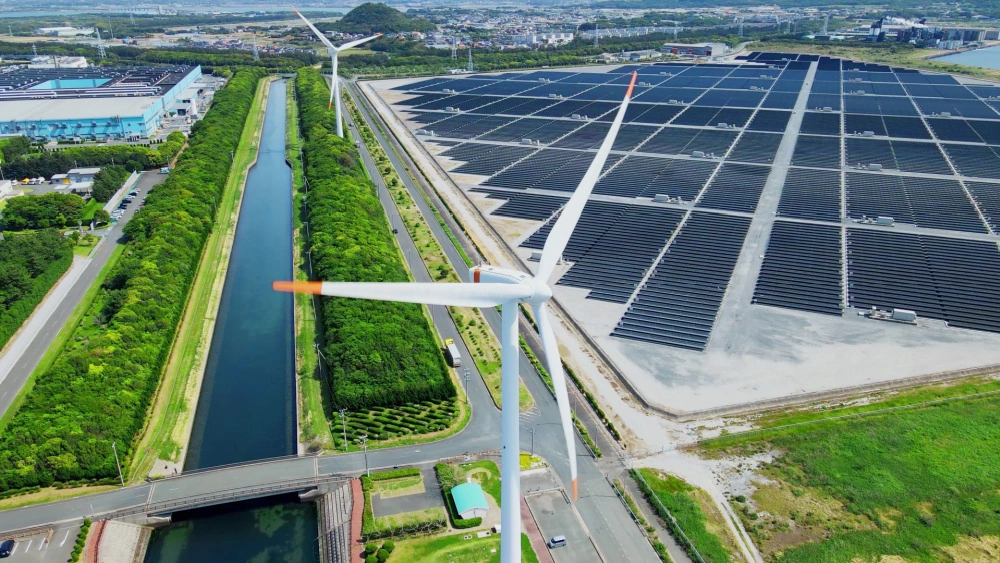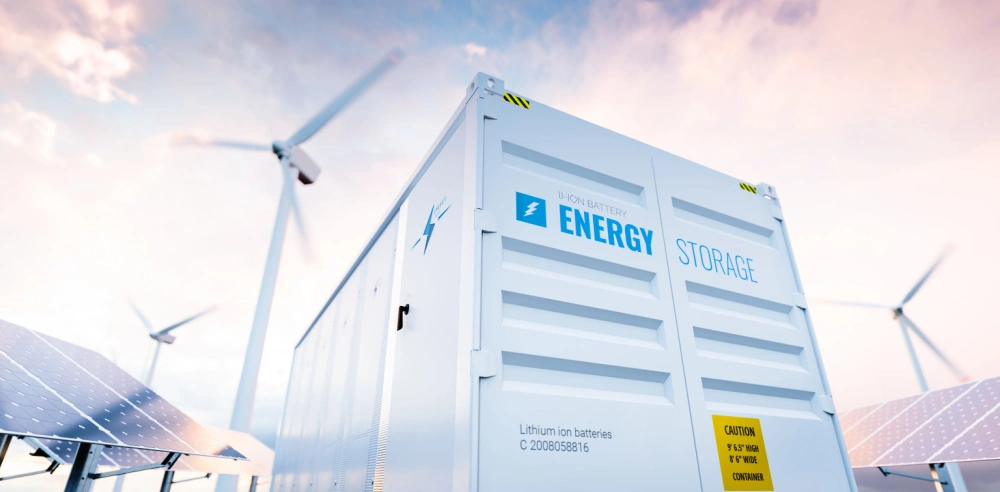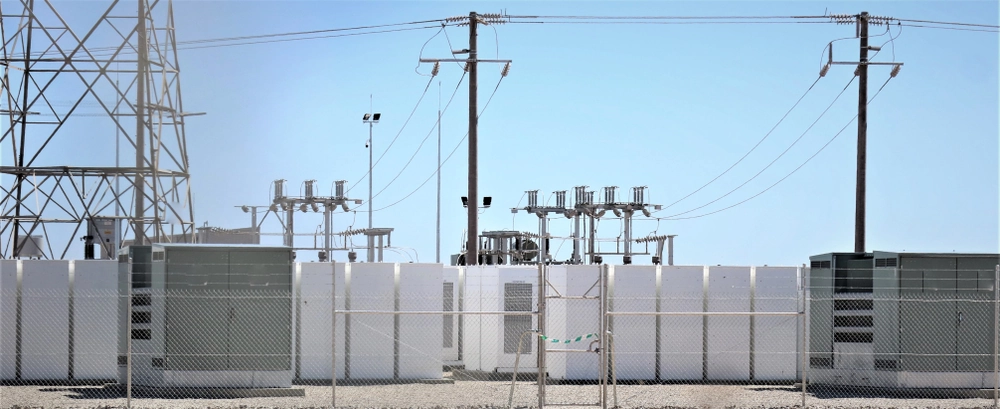What do you think?
This uncertainty is causing confusion. For a turnkey project, where a lot of these problems seem to arise, whether the contract is a 'construction' contract likely doesn't cause parties to lose sleep when everything is going well, and they are just starting to build a new project. However, it may well cause loss of sleep when payment instalments become late, when funders get itchy feet or when the build is delayed.
Commentators on this issue have been fairly split. Some have suggested looking at the wording of the Act and on that basis have stated that, as a matter of science and the meaning of the words, battery storage does generate power. It stores energy in a different form and then generates it back as electricity when needed. However, that kind of argument seems tricky to me. Whilst not quite the same, a petrol station stores chemicals and chemical potential energy used to generate power, as do most batteries, but no-one suggests that installing petrol pumps is 'power generation'.
The fact that the process plant and power equipment sectors again were excluded from the Act when it was updated in 2011 has also been used to suggest that the public policy remains the same; that equipment used for electricity should not be subject to the Act.
Others have looked at the planning structure and suggested that because battery storage has been removed from the nationally significant infrastructure projects regime they are different to big electricity generation projects. On the other side some have pointed to Ofgem's suggestion that electricity storage is to be treated the same as other forms of generation from a regulatory perspective.
With a great deal of respect to all those positions, and they all have merit, I don't think that they quite go to the heart of what a court would consider if this issue was considered. The court would follow the rules of statutory interpretation to work out what the exclusion for power generation means. In my view there is enough ambiguity in whether batteries are 'power generation' to get that process started.
Statutory interpretation
The literal meaning of the words might be relevant, but in my view, a scientific understanding of the words 'power generation' is not an appropriate use of the rule on using literal meaning. The courts these days are wary of this kind of over-literal approach to what words mean that doesn't give the words their social and political context. Whether under a more purposive approach or in the case of persisting ambiguity, it is open to the courts to look at why the rule was made. If a court allows itself to get to that stage, it means we can look at Hansard, the official record of what was said in Parliament when the Act was being drafted and debated.
When the Act was being debated, a distinction was drawn between process engineering (including plant, machinery and steelwork for power generation) and other types of construction activity.
In the House of Lords on 20 February 1996, it was remarked that the exclusion of process plant engineering was because: "The engineering work involved in assembling plant to carry out a process is subject to very different contractual arrangements from traditional construction work. There is a strong feeling in the process plant engineering sector that such operations should be excluded from any legislation on the grounds that existing contractual relationships in the sector operate satisfactorily and without conflict". The policy seems to have been that the power generation industry didn't need the protections for subcontractors that the wider construction industry did.
Later, in the second reading in the Commons (7 May 1996) it was suggested that the best way to secure the objectives of the Act was to have the widest possible definition of 'construction operations'. The response from the government was that it wanted "the widest possible definition consistent with excluding those areas where there is no problem in practice". It was even asked whether that was the reason for excluding 'process engineering', because there was not much litigation in that field. The response was that the process engineering industry had made it clear that they did not have "the same dispute and payment problems as the construction industry as a whole. That is why we decided that that industry should be excluded. In reaching that conclusion, we do not seek to exclude ordinary construction processes—there is sometimes a little of both on site. We are trying to address that consideration without embracing an industry that does not have any real problems".
The fairly clear policy behind the exclusion was that the changes brought in by the Act were a big interference in the rights of parties to contract how they wish. Some commented at the time that the Act's provisions were a way of punishing or shepherding the wayward construction industry that had been acting improperly. In that context the government decided to exclude process engineering, as it didn't have a problem.
Even back in 1996 the exclusion of the process industries was controversial. The Opposition at that stage suggested that they were excluded because the government lacked faith in the bill (also recorded in Hansard) and noted that while the process engineering sector was "not as speculative as some parts of the building industry … That does not mean to say, however, that [they are] a utopia for sub-contractors … Modern processes, which often lead to more work being done off site, should not for some strange reason be excluded from the excellent provisions of the Bill".
But the government's reasoning in 1996 doesn't apply to the battery storage sector, does it? I have already seen instances of funders falling out with EPC contractors. The payment waterfall on these projects is complex and frequently linked to revenue generation, potentially slowing cashflow down the supply chain to subcontractors. That delay makes the risk of insolvency at some point of the chain more acute and, in an emerging industry, there will almost certainly be some insolvencies.
The exclusion was drafted by reference to an established industry of power generation where the projects were big power stations and connected infrastructure – the 1996 government referred to the process engineering sector as having a small number of clients and contractors and commented that therefore the good relationships between those participants should not be interfered with by government. None of that is true for battery storage, it is an emerging market with numerous stakeholders. Subcontractors on turnkey battery storage projects are doing the same things as subcontractors on MMC projects would do – groundworks, access, infrastructure connections, landscaping etc. Why should they have less protection just because the container to be put on the site is a battery rather than a segment of a different building?
What does that mean?
It means in my view that there is a decent chance that if the 'power generation' exclusion in the Act is considered by a court, it would be found that battery storage projects are 'construction operations', even those parts that are associated with the plant and machinery for the battery. That is because these projects are different from the kind of 'power generation' projects, parties and context envisaged by the Act. That allows the court to look at the purpose of the Act. The exclusion in the Act had a specific reasoning that does not apply to battery storage projects unless they are attached to large generation projects. Even then the reasoning for the exclusion seems to me to be wearing thin.
Since 1996 adjudication and a better payment regime has not only become the norm, it has been celebrated by dispute resolution commentators. A process that costs 1/10 of the cost of litigation, that solves the problem in 28 days and which keeps money flowing? Those in 3 year court proceedings look on with envy. Adjudication is not without its flaws, but the fact it is being rolled out to professional negligence claims and considered in other fields is testament to the views of the legal profession and the courts that it works.
The courts have always interpreted the exclusions to the Act narrowly. In the context of a very strong policy towards ADR and prevailing views about both adjudication and a strong payment regime, the courts seem more likely as a matter of policy to want to keep battery storage projects 'inside' the Act. And rightly so, in my view.
However there remains an ambiguity and a risk. While the Secretary of State has always retained the power to amend the exclusions to the definition of construction, no change has been made, even through fairly major renovations to the Act. You might well ask why not?
So what should you do?
As with everything, you should think about this issue when contracting. Don't assume either way. If you want adjudication and payment protection (likely if you are a contractor) then agree that the contract is subject to adjudication, and there is no argument. If you want some wiggle room, don’t, but be aware of the difficulty of a 'hybrid' contract where some provisions apply to some parts of the works but not to others.
For more on battery storage, read Dickon's previous article: Battery Storage – emerging and likely disputes.













